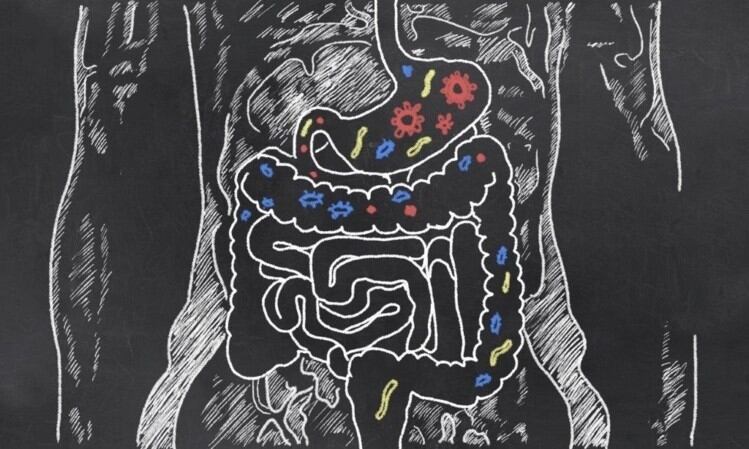The study, led by researchers from George Washington University, reveals a comprehensive list of the types and ratios of microbes that inhabit the healthy human gut – which the team behind the data suggest will support growing research in the field and could serve as a reference list for doctors, patients, and researchers by giving them an idea of what a ‘normal’ human microbiome looks like.
"The more we learn about the human microbiome, the more we learn of its importance to our health," said study co-author Raja Mazumder, from the George Washington School of Medicine and Health Sciences.
"Knowing what a healthy human gut looks like is critical to research that will inform how to diagnose, treat, and prevent issues with the microbiome."
According to the team baseline microbial profile of 157 organisms, called GutFeelingKB, can be expanded to 863 organisms if closely related proteomes are considered.
"The GutFeelingKB provides a foundational model and initial data to begin to understand the diversity of the healthy gut microbiome, which is a key component of any study trying to detect disease associated with microbiome changes,” commented Keith A. Crandall, PhD, informatics co-lead on the study.
Baseline biome
To compile their database, the research group genetically sequenced 48 faecal samples from 16 healthy participants recruited in Washington, D.C., in addition to using 50 faecal metagenomic samples downloaded from the Human Microbiome Project from individuals also screened as healthy.
Of the 157 organisms described in GutFeelingKB, 20% were Clostridia, 19% were Bacterioidia, 17% were Bifidobacteriales, 14% were Enterobacterales and from the phylum Firmicutes 20% were Clostridia and 14% were Lactobacillales - all of which are classes of bacteria found in probiotic foods like yogurt.
The team revealed that 84 organisms were common to all the samples, indicating that this group of bacteria may be ‘core species’ for the human gut.
They said that such ‘comprehensive’ knowledge of the types and ratios of microbes that inhabit the healthy human gut is necessary before any kind of pre-clinical or clinical study can be performed.
It is also important for researchers looking to find ways to alter the microbiome, treat a condition, or improve a therapy outcome, they added – noting that GutFeelingKB can serve as a healthy control for studies looking at the human microbiome.
"Uncovering the complex metabolic exchanges between gut microbial species and their human hosts has tremendous implications for a wide variety of health conditions, possibly even our moods,” said said Hiroki Morizono, PhD, informatics co-lead on the study.
“Can the microbiome be 'tuned' to increase beneficial bacterial populations? How does our diet affect this tuning? We are excited this knowledgebase will let us quantify these shifts and relate them to human health.”
Faecal biome
In addition to creating GutFeelingKB, the research group also published a novel Fecal Biome Population Report, known as FecalBiome, which has clinical capability.
They note that FecalBiome can help physicians compare a patient's microbiome to the microbiomes of healthy individuals, allowing them to better assess the effectiveness of faecal transplants and other microbiome products.
The research team also developed a prototype reporting template for physicians to relay the information to patients.
Source: PLoS One
Published online, Open Access, doi: 10.1371/journal.pone.0206484
“Baseline human gut microbiota profile in healthy people and standard reporting template”
Authors: Charles H. King, et al

